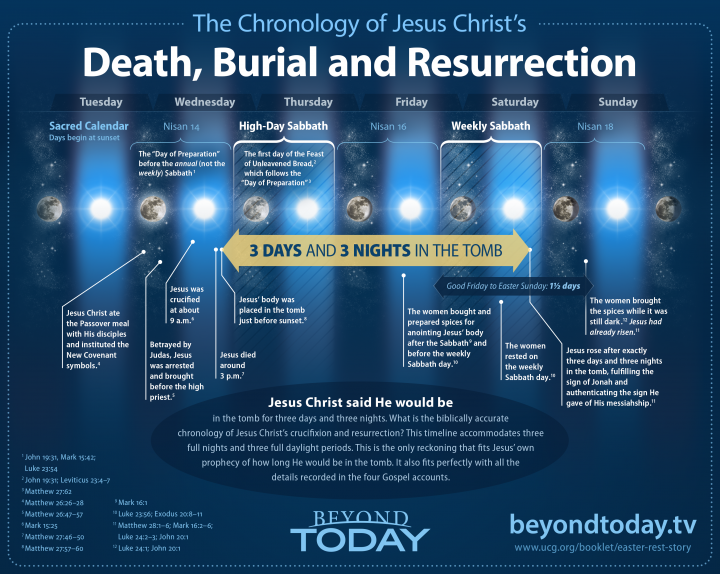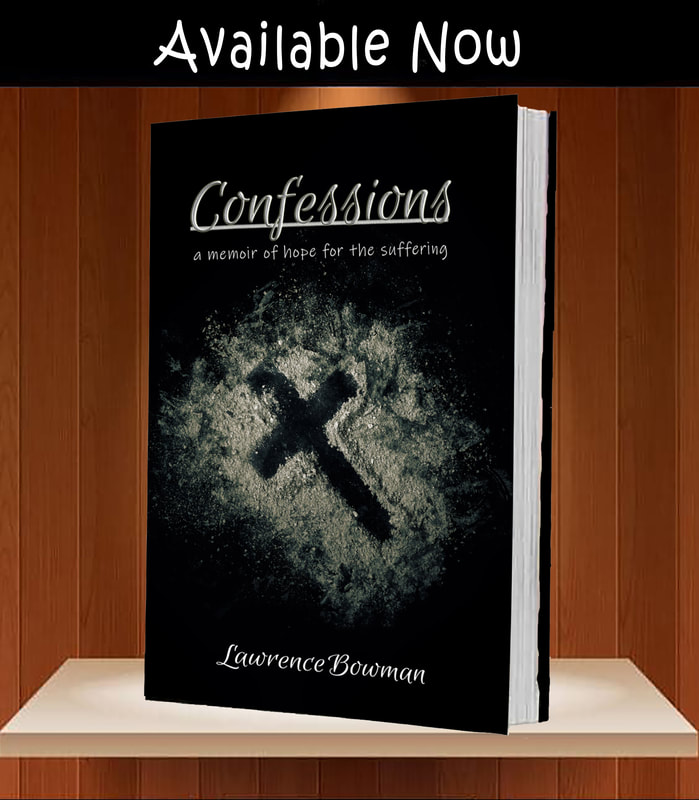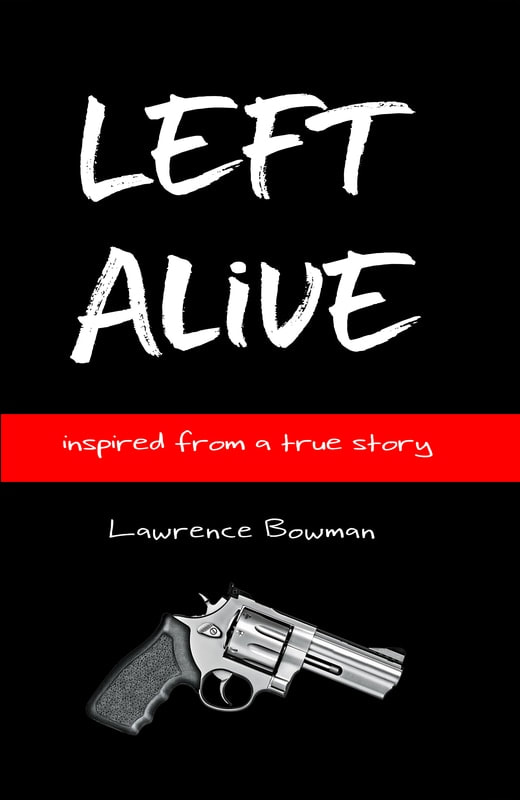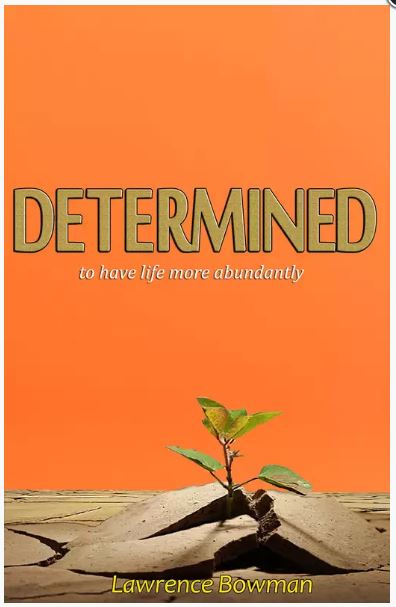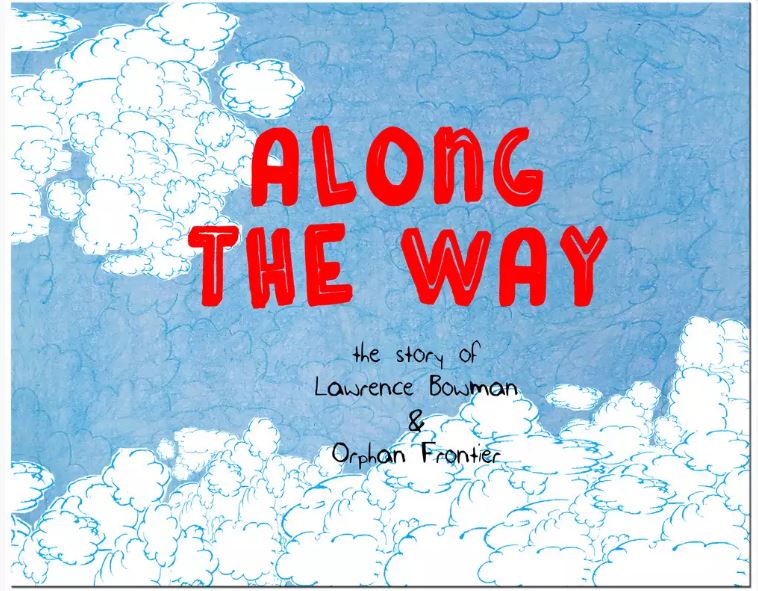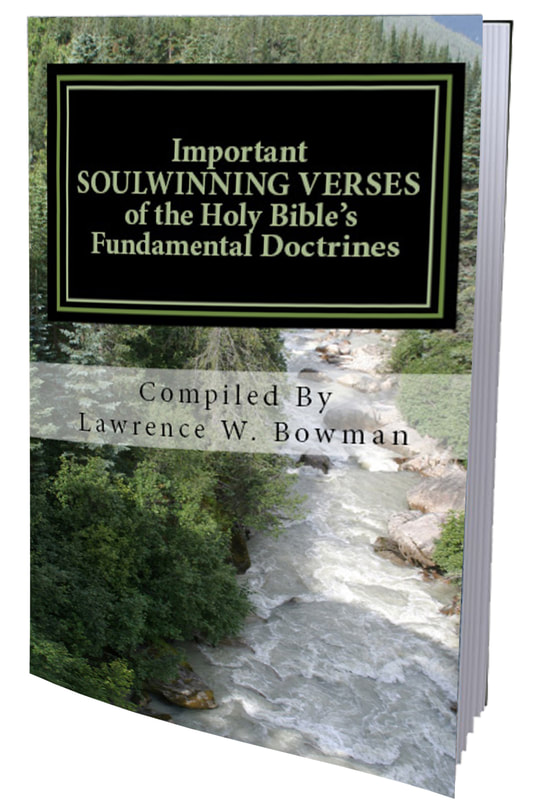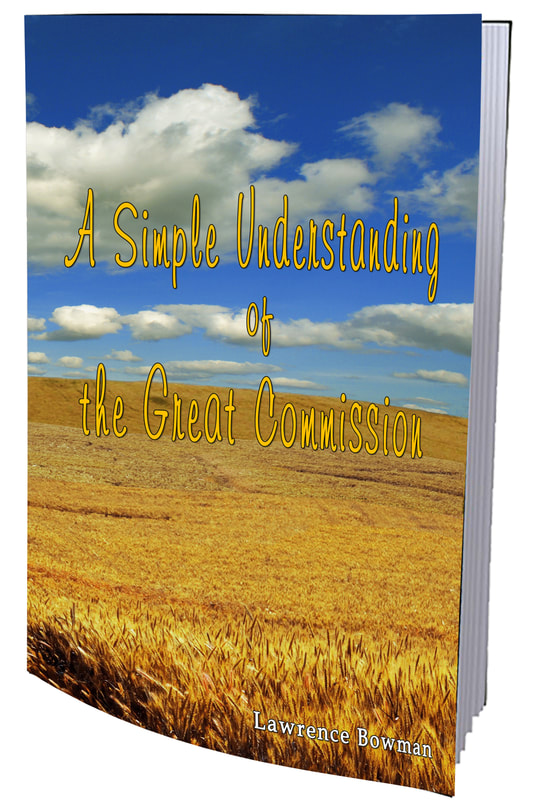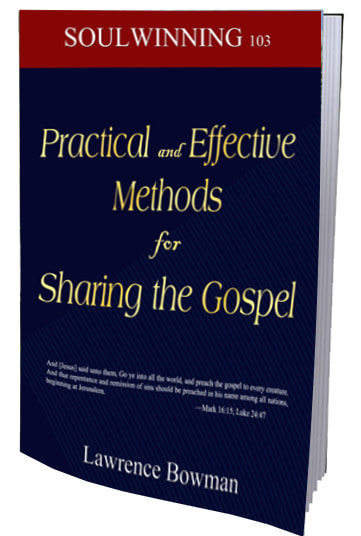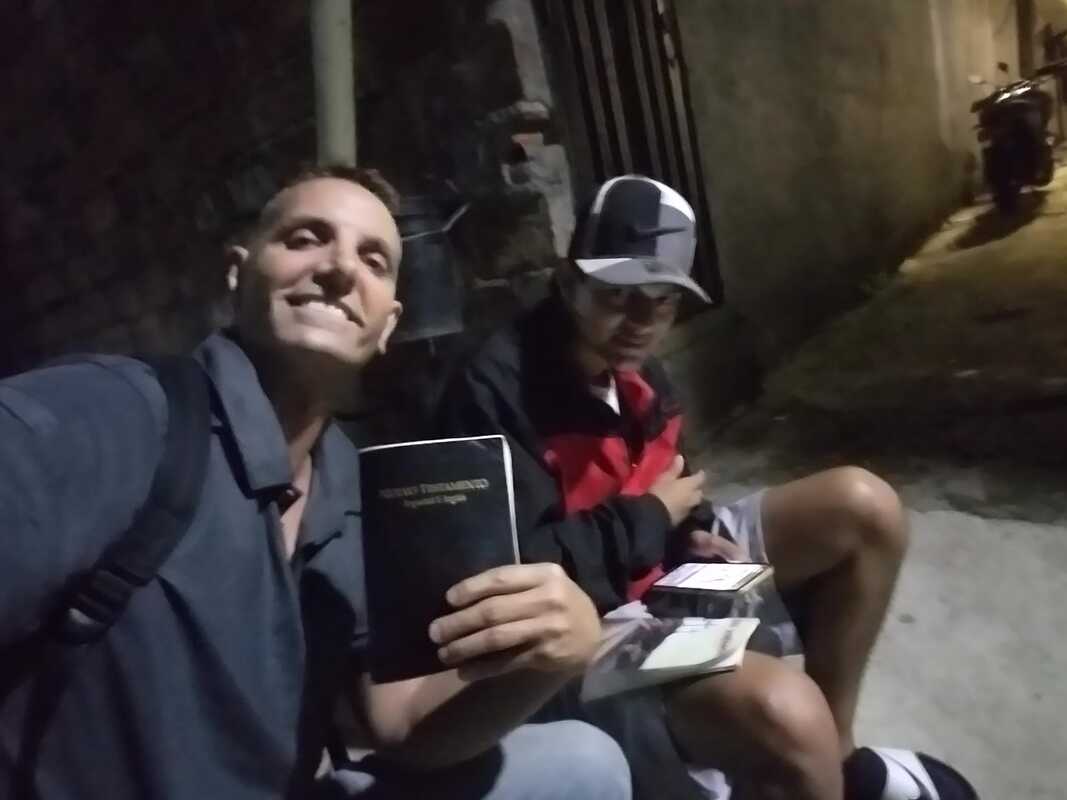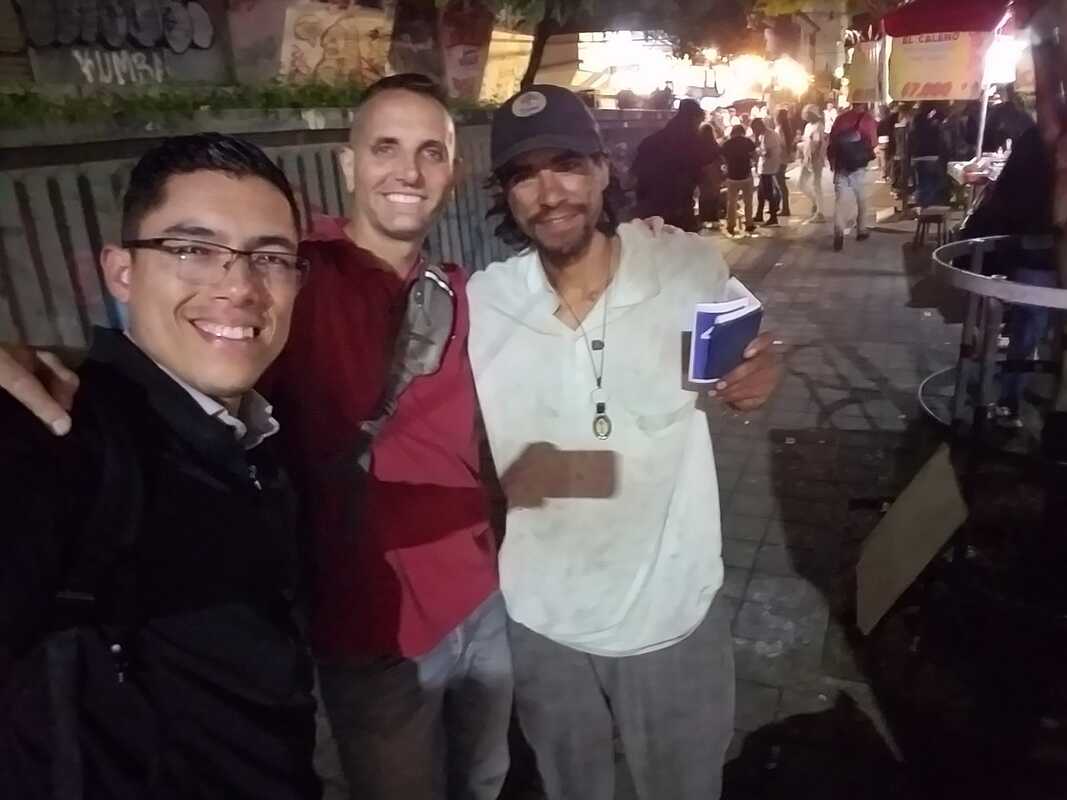It's essential to recognize that our understanding of historical events, particularly those recorded in ancient texts, can be influenced by cultural and calendrical differences. The Jewish calendar, which operates on a lunar cycle, differs from the Gregorian calendar commonly used today. In Jewish tradition and interpretation of the Torah, specifically Genesis 1:5, it has been established for millennial that a day begins and ends at sunset, whereas the Gregorian calendar typically marks the start and end of a day at midnight. Understanding these differences is crucial when interpreting the timing of events surrounding Jesus' crucifixion and resurrection.
THE TRADITIONAL FRIDAY-SUNDAY TIME:
The prevailing belief that Jesus was crucified on a Friday and resurrected on a Sunday stems primarily from the Gospel accounts, which mention that Jesus was crucified the day before the Sabbath (Mark 15:42; Luke 23:54; John 19:31). Since the weekly Sabbath falls on Saturday, it is commonly assumed that Jesus was crucified on a Friday. Furthermore, the Gospel of Matthew records Jesus saying that He would be in the heart of the earth for three days and three nights (Matthew 12:40), which seems to align with a Friday crucifixion and Sunday resurrection.
However, upon deeper examination, this traditional timeline presents several inconsistencies when compared with the biblical narrative and historical context.
REVISITING THE CRUCIFIXION TIMELINE:
The Passover Connection: The Gospel of John explicitly states that Jesus' crucifixion occurred on the day of Preparation for the Passover (John 19:14). The Passover, according to God's Law to the Jews in Exodus 12:6-7, always falls on the 14th day of the Jewish month of Nisan, which is our modern date April 14th. In the year of Jesus' crucifixion, the Passover would have begun at sundown on Thursday.
The Sabbath and High Sabbath: The Gospel accounts also mention a "high day" Sabbath following Jesus' crucifixion (John 19:31). This Sabbath was not the weekly Sabbath but rather the first day of the Feast of Unleavened Bread, which began immediately after the Passover. In the year of Jesus' crucifixion, this high Sabbath fell on Friday, not the regular weekly Sabbath.
Three Days and Three Nights: The statement made by Jesus regarding His time in the heart of the earth for three days and three nights (Matthew 12:40) poses a challenge to the traditional Friday-Sunday timeline. A Friday crucifixion would not allow for three full days and nights in the tomb.
JESUS WAS CRUCIFIED ON WEDNESDAY
Taking into account the Passover timeline, the high Sabbath, and Jesus' own words, a compelling case can be made for a Wednesday crucifixion. Here's how the timeline unfolds:
(NISAN 13) TUESDAY EVENING
—Jesus and His disciples have the Last Supper. Jesus institutes the Lord’s Table, informs the disciples of His impending death, teaches them that the Holy Spirit will take His place, teaches them that He is the vine and they are the branches, and He prays the greatest prayer.
Then they walk to Gethsemane and Jesus prays to the Father three times,
(NISAN 14) WEDNESDAY, AROUND 1-3am
—Jesus is arrested in the Garden of Gethsemane. (Matthew 26:47-56; Mark 14:43-52; Luke 22:47-53; John 18:1-11)
(NISAN 14) WEDNESDAY, AROUND 3-4am
—Trial Before the Jewish Authorities:
*Jesus was first taken to the house of the high priest, Caiaphas, where He faced a preliminary trial before the Jewish Sanhedrin (Matthew 26:57-68; Mark 14:53-65; Luke 22:54, 63-71; John 18:12-14, 19-24).
*After this trial, Peter denies Jesus three times before the rooster crows (Matthew 26:69-75; Mark 14:66-72; Luke 22:54-62; John 18:15-18, 25-27).
(NISAN 14) WEDNESDAY, AROUND 5-6am
—Trial Before Pilate:
*Jesus was brought before Pontius Pilate, the Roman governor, for trial (Matthew 27:1-2, 11-14; Mark 15:1-5; Luke 23:1-7; John 18:28-38).
*Pilate initially found no fault in Jesus but, under pressure from the Jewish leaders and crowd, handed Him over to be crucified.
(NISAN 14) WEDNESDAY, AROUND 6-7am
—Trial Before Herod Antipas:
*Upon learning that Jesus was from Galilee, Pilate sent Him to Herod Antipas, who was in Jerusalem at that time (Luke 23:8-12).
*Herod questioned Jesus and mocked Him, but then sent Him back to Pilate because fault of any crimes.
(NISAN 14) WEDNESDAY, AROUND 7-8am
—Final Trial and Sentencing:
*Jesus was returned to Pilate, who ultimately yielded to the demands of the crowd and sentenced Jesus to be crucified. (Matthew 27:15-26; Mark 15:6-15; Luke 23:13-25; John 18:39-19:16).
*Jesus was flogged and mocked. Jesus was led away to be crucified.
(NISAN 14) WEDNESDAY, 8am
—Jesus started the journey up to Mount Golgotha, outside Jerusalem
(NISAN 14) WEDNESDAY, 9am
—Jesus was crucified (Matthew 27:27-56; Mark 15:16-41; Luke 23:26-49; John 19:16-37).
(NISAN 14) WEDNESDAY, 3pm
—Jesus bowed His head and gave up the ghost. (Mark 15:25, 38; Matthew 27:51; Luke 23:45)
(NISAN 14) WEDNESDAY, BEFORE 6pm SUNDOWN
—His body was taken down from the cross and laid in a borrowed new tomb. (John 19:31-42)
